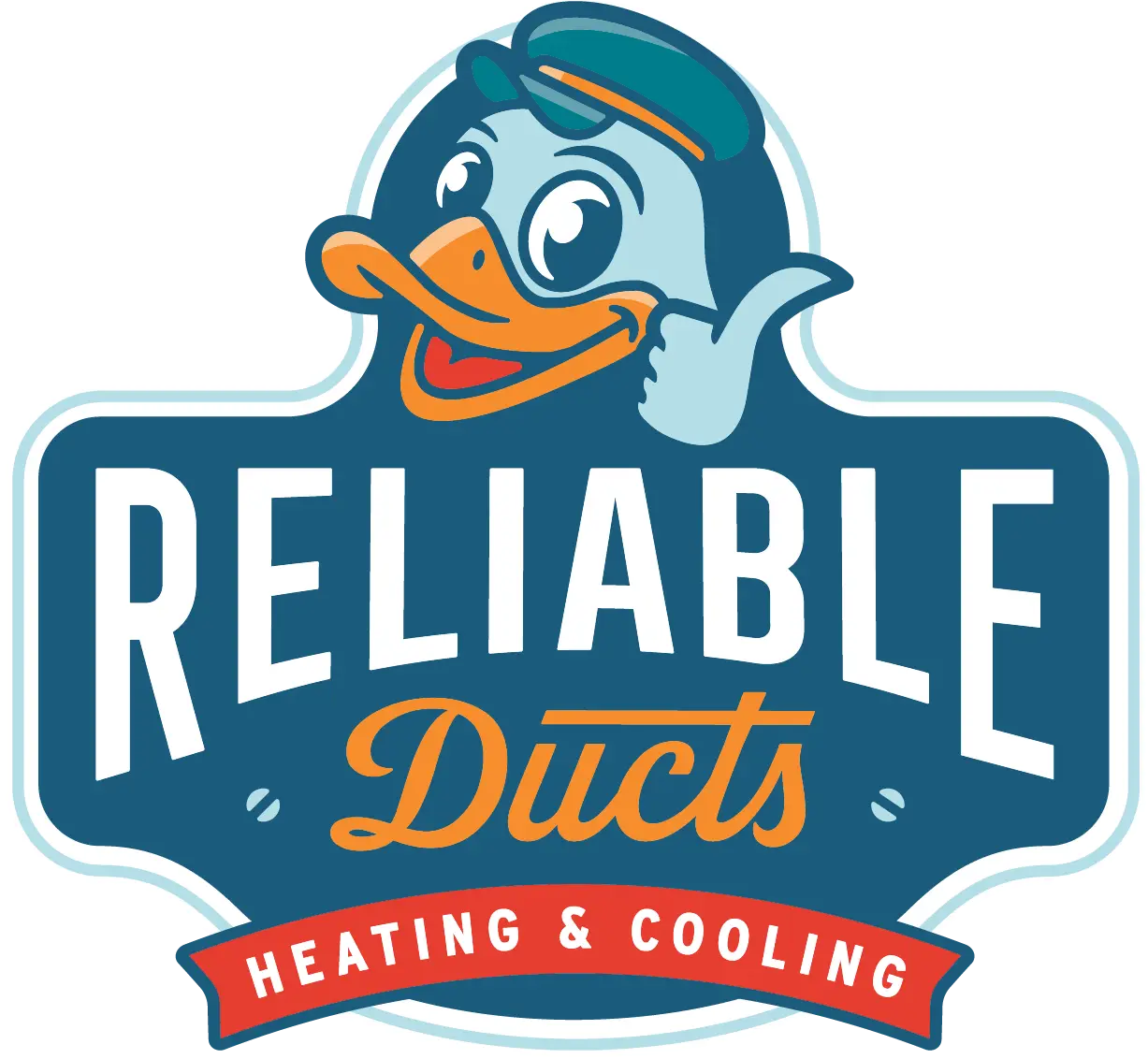[vc_row][vc_column][vc_column_text]Your HVAC system’s ductwork is crucial for distributing conditioned air throughout your home. However, over time, ducts can sustain damage, leading to inefficiencies and poor indoor air quality. Knowing the signs of damaged ductwork can help you address issues early, ensuring your HVAC system operates at its best.
- Higher Energy Bills:
One of the first signs of damaged ductwork is an unexpected spike in your energy bills. If your system is working harder to maintain the desired temperature, it could be due to leaks or blockages in the ductwork, causing energy inefficiency.
- Inconsistent Temperatures:
If certain rooms in your home are significantly warmer or cooler than others, this could indicate a problem with your ductwork. Leaks or disconnected ducts can prevent air from reaching all areas of your home evenly.
- Poor Air Quality:
Damaged ducts can allow dust, debris, and other contaminants to enter your HVAC system, degrading indoor air quality. If you notice more dust around your home or experience increased allergy symptoms, it might be time to inspect your ductwork.
- Unusual Noises:
Listen for unusual sounds like rattling, whistling, or banging when your HVAC system is running. These noises can indicate loose or damaged ducts that need attention.
- Visible Damage:
Inspect exposed ductwork for visible signs of damage such as dents, gaps, or disconnected joints. While you might not be able to see all the ducts in your home, checking the accessible ones can give you an idea of the overall condition.
- Weak Airflow:
If you notice weak airflow from your vents, it could be a sign of ductwork problems. Leaks, blockages, or even a buildup of dust and debris can impede the flow of air, reducing your system’s efficiency.
- Musty Odors:
Musty or moldy smells can indicate moisture buildup within your ducts, often caused by leaks or poor insulation. Mold in your ductwork is not only a sign of damage but also a health risk.
Steps to Take if You Suspect Damaged Ductwork:
Schedule a Professional Inspection: Contact a trusted HVAC professional to perform a thorough inspection of your ductwork. They can identify and diagnose issues that might not be visible to the untrained eye.
Regular Maintenance: Routine maintenance can prevent many ductwork issues. Have your HVAC system serviced regularly to ensure all components, including the ducts, are in good condition.
Seal and Insulate: Proper sealing and insulation can prevent future damage and improve the efficiency of your ductwork. Ask your HVAC technician about the best options for your system.
Consider Duct Cleaning: If dust and debris are significant issues, professional duct cleaning can improve airflow and indoor air quality.
Damaged ductwork can lead to a host of problems, from higher energy bills to poor indoor air quality. By recognizing the signs of damage early and taking prompt action, you can ensure your HVAC system operates efficiently and yo[/vc_column_text][/vc_column][/vc_row]



